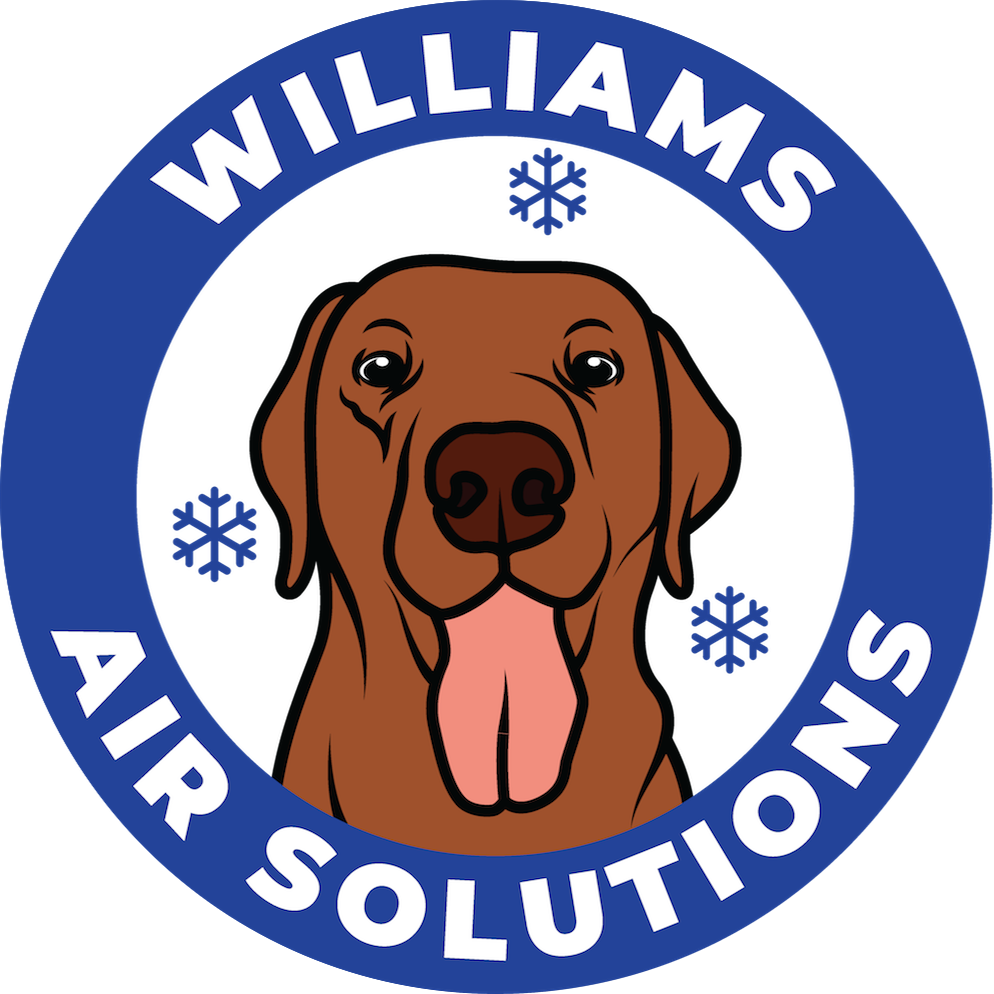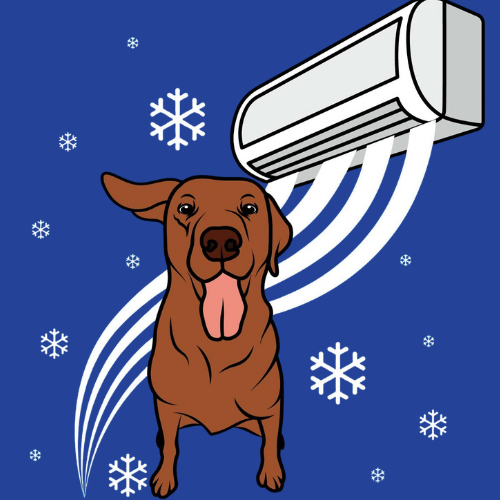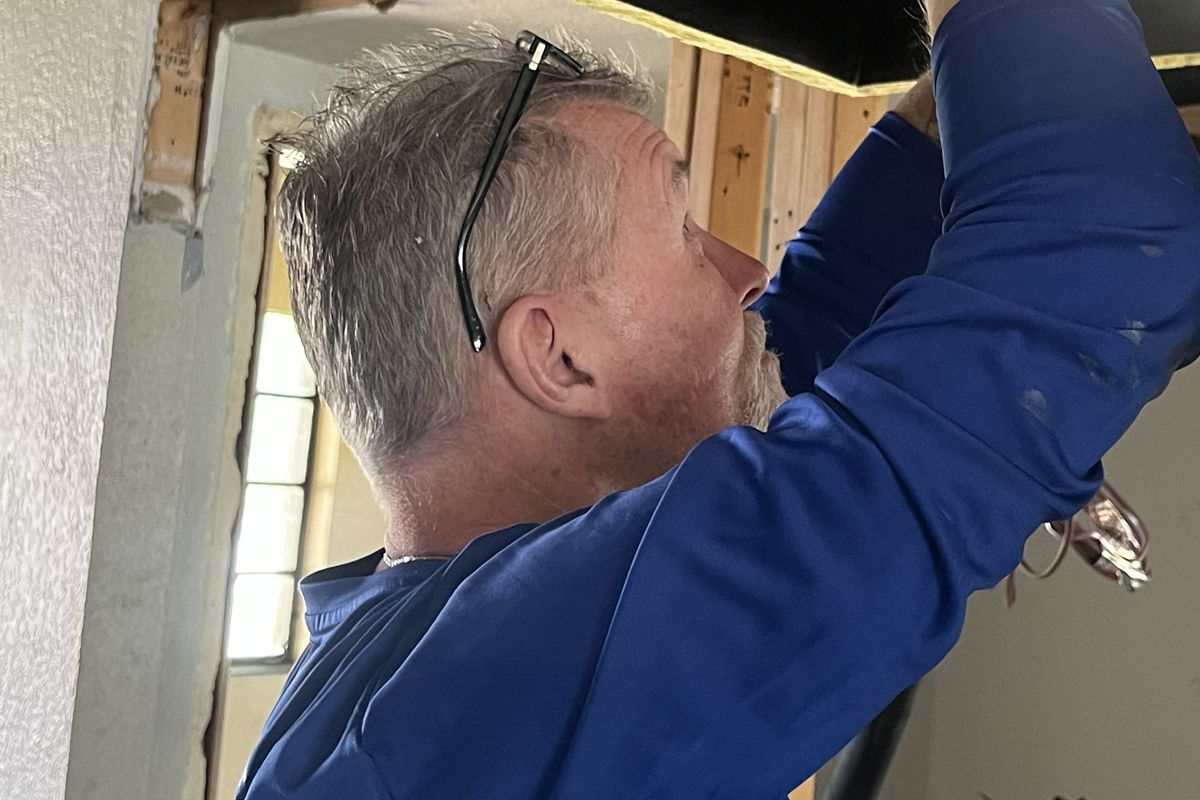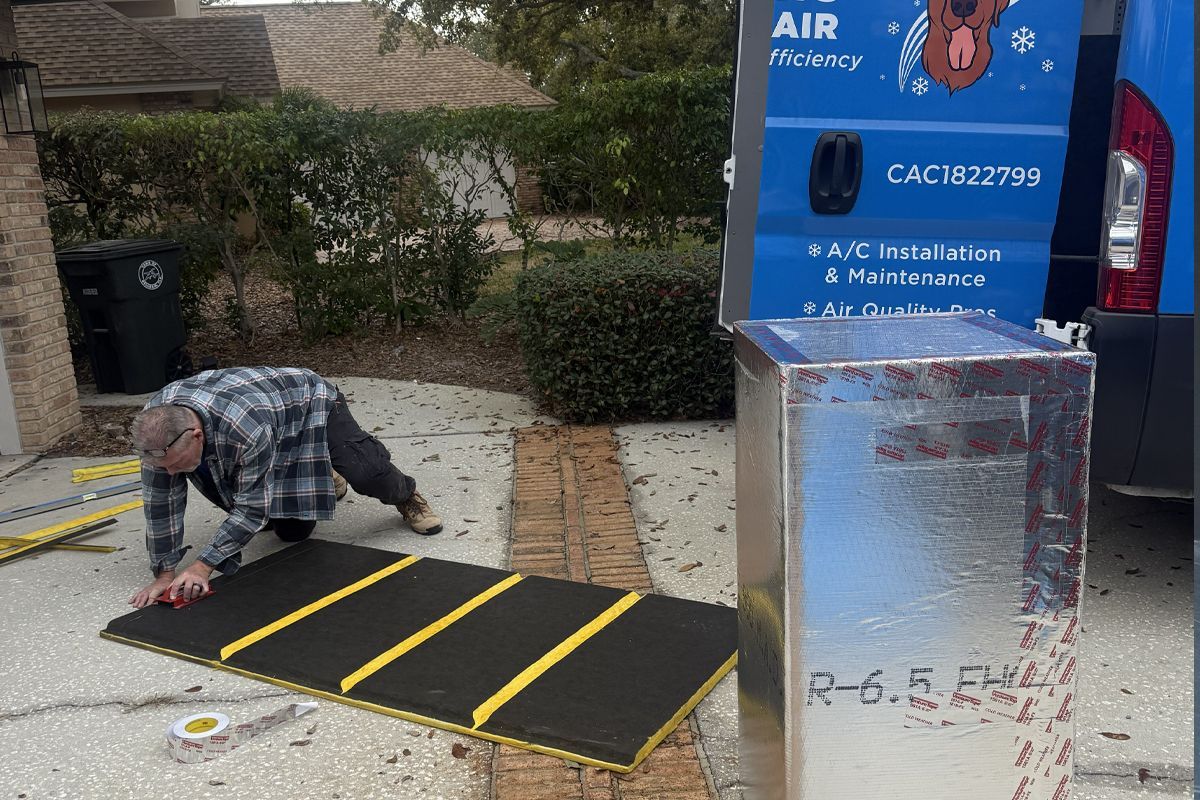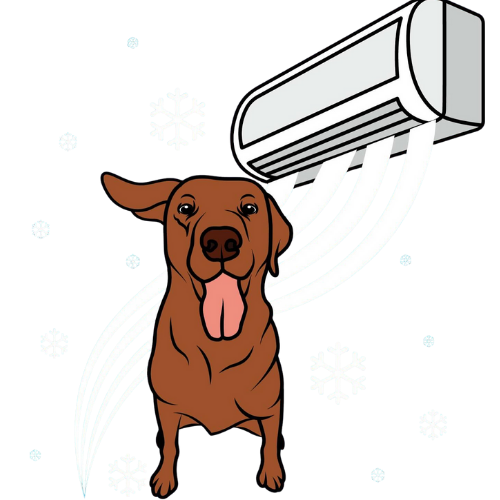How Often Should I Schedule HVAC Maintenance in Florida Homes?
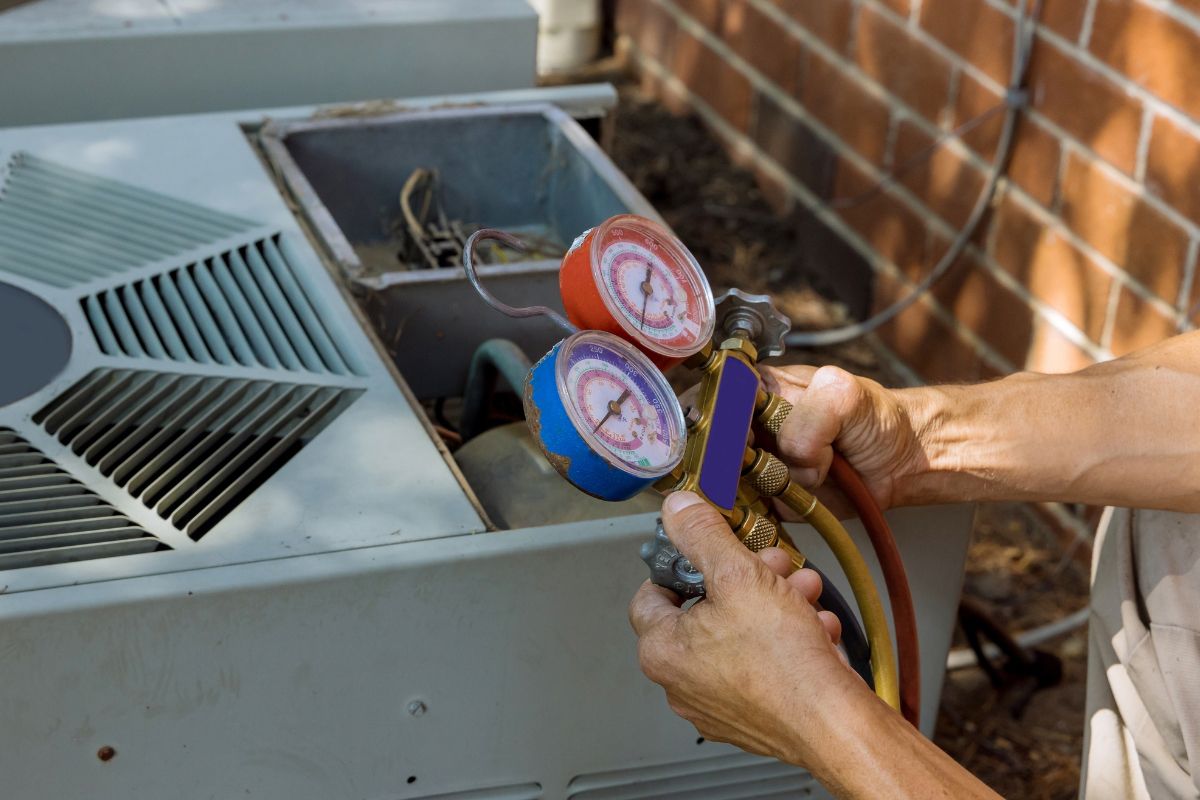
Living in Florida means relying on your air conditioning almost year-round. Between high humidity, coastal salt air, and long cooling seasons, HVAC systems here work harder than in most parts of the country. That’s why one of the most common questions we hear from homeowners in Pinellas County is: “How often should I schedule HVAC maintenance?”
The short answer: twice a year, once in the spring and once in the fall. Here’s why.
Why HVAC Maintenance Matters in Florida
Unlike other states where systems only run during summer and winter, Florida HVAC units are in use nearly all year. This constant demand puts extra stress on components and makes preventive maintenance essential.
Without regular service, homeowners face:
- Higher electric bills due to reduced efficiency
- Increased risk of breakdowns during peak heat
- Shortened system lifespan
- Declining indoor air quality
Spring Service – Pre-Summer Cooling Prep
Florida summers are intense. A spring tune-up ensures your system can handle months of heavy cooling. This visit usually includes:
- Inspecting refrigerant levels
- Cleaning coils and drain lines
- Replacing air filters
- Checking electrical components and thermostats
Fall Service – Pre-Winter and Storm Recovery
While winters are mild here, fall maintenance helps recover from summer wear and prepares for cooler months. It also allows technicians to:
- Check for storm or water damage from hurricane season
- Inspect heating elements or heat pumps
- Verify ductwork is sealed for energy efficiency
- Clean and calibrate components for smooth operation
One of our customers in Clearwater, FL scheduled a spring and fall maintenance plan with us last year. During the fall check, our team caught a refrigerant leak early, preventing what could have been a complete system failure during the next summer. Because it was found before the busy season, the repair cost was far less than an emergency replacement.
Benefits of Regular Maintenance
- Lower Energy Bills: A well-maintained system can reduce energy use by up to 15%.
- Extended Lifespan: Regular tune-ups prevent small issues from turning into major breakdowns.
- Better Indoor Air Quality: Clean filters and coils improve airflow and reduce allergens.
- Fewer Emergencies: Catching problems early prevents inconvenient and costly breakdowns.
- Warranty Protection: Many manufacturers require documented maintenance to keep warranties valid.
For Florida homeowners, HVAC maintenance isn’t optional — it’s the key to comfort, efficiency, and long-term savings. The best practice is two maintenance visits per year: one in spring before the cooling season, and one in fall after the heaviest use.
At Williams Air Solutions, we provide comprehensive maintenance services designed specifically for Pinellas County’s climate. Whether you need a one-time tune-up or a preventive plan, our goal is to keep your system running reliably year-round.
Contact us today to schedule your HVAC maintenance and ensure your home stays comfortable in every season. Your comfort is just one call away. Tap here to call (727) 353-0090 and schedule your appointment with Williams Air Solutions.
